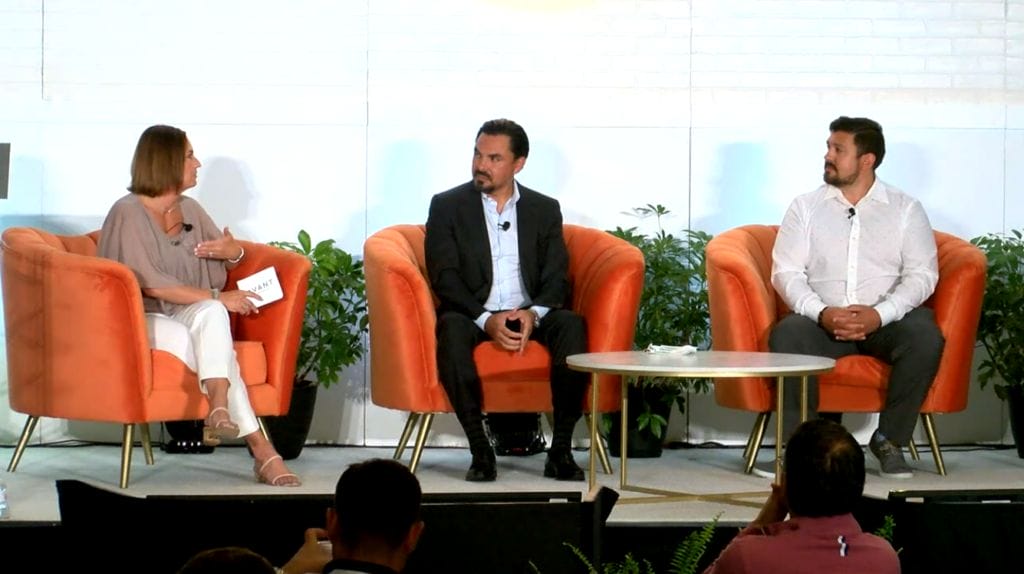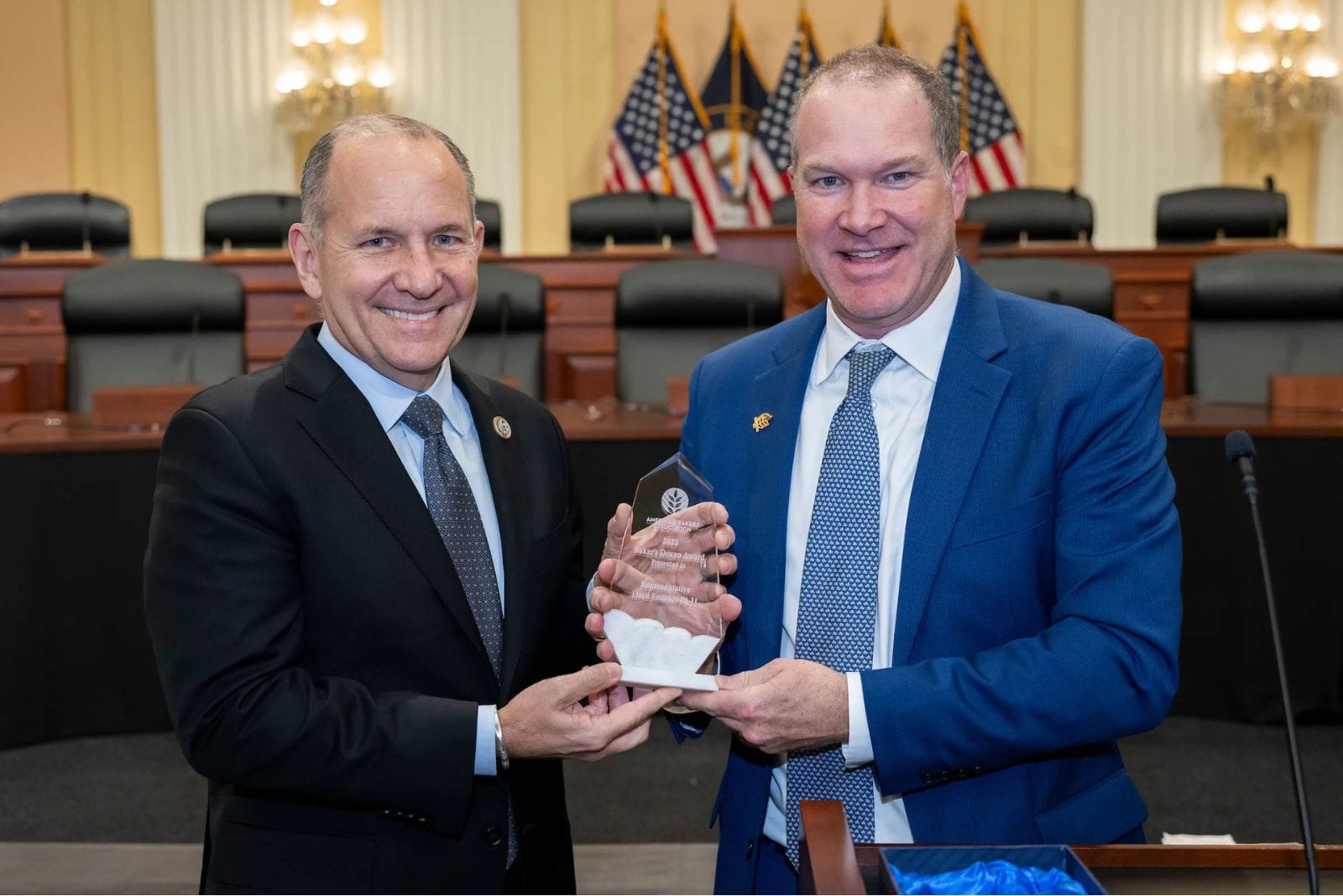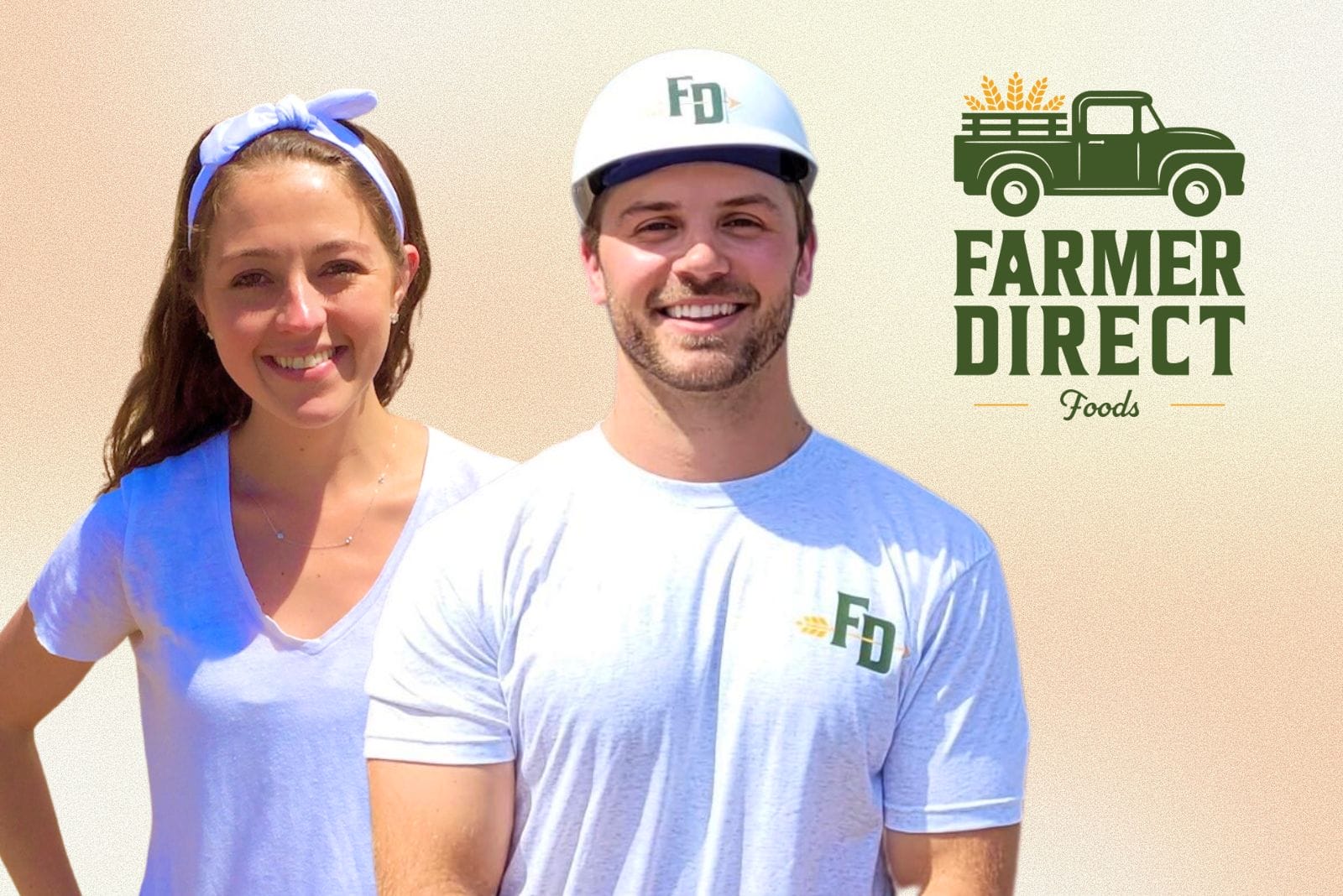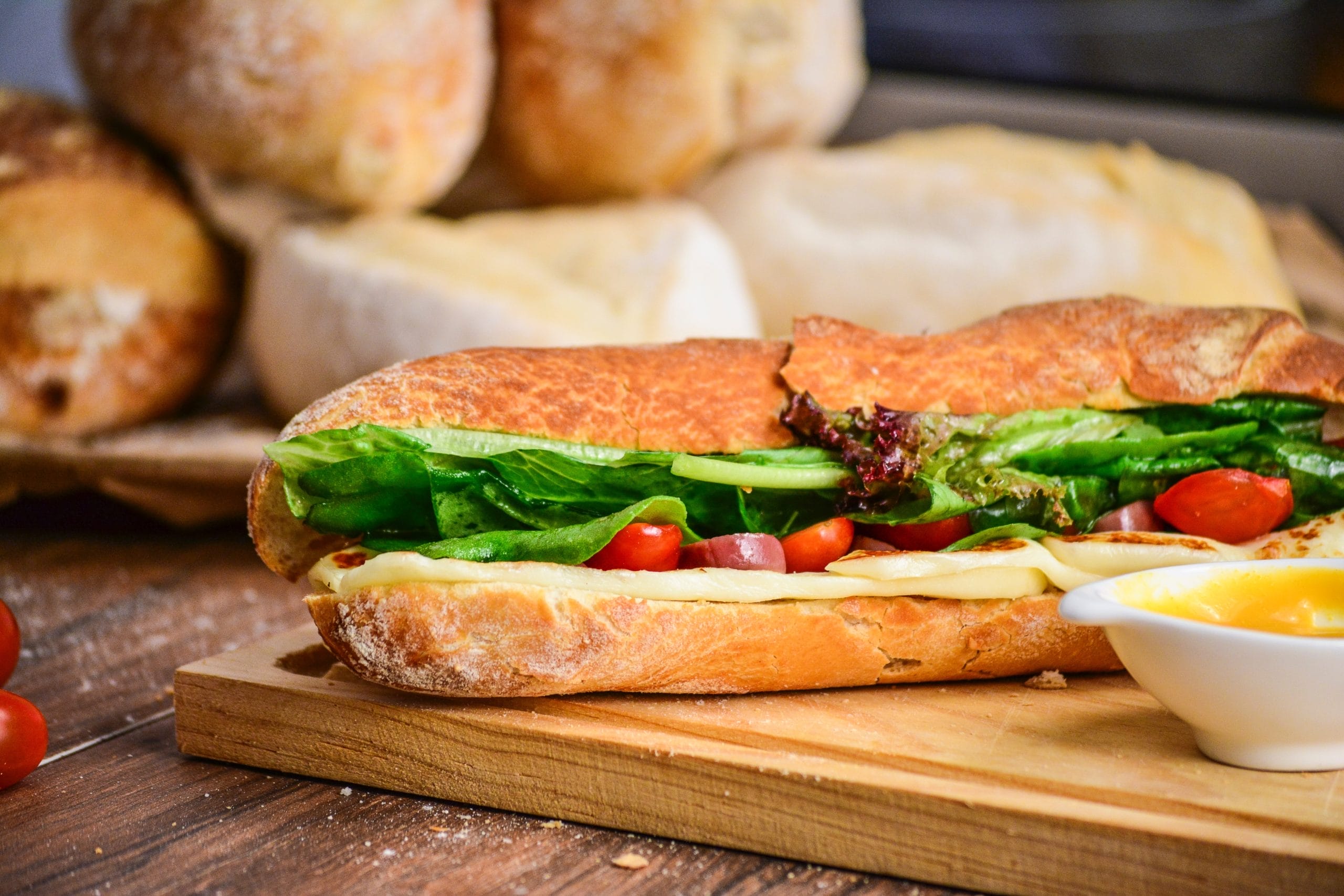MARCO ISLAND, FL — Adaptable. Resilient. Creative. These are words that Joanie Spencer, Commercial Baking editor-in-chief, used to describe quick service restaurants (QSR) — establishments that have displayed an incredible bounce-back from the pandemic nationwide.
 Spencer hosted the QSR Business Panel at the BEMA Convention today, which featured two QSR representatives paired with their bakery partners: Hector Morales, SVP of strategic partner development for Aspire Bakeries, and Anthony Tsocanos, senior bakery scientist for Subway; and Ethan Hart, president of Custom Foods, and Farrellynn Wolf, CEO of Goodcents.
Spencer hosted the QSR Business Panel at the BEMA Convention today, which featured two QSR representatives paired with their bakery partners: Hector Morales, SVP of strategic partner development for Aspire Bakeries, and Anthony Tsocanos, senior bakery scientist for Subway; and Ethan Hart, president of Custom Foods, and Farrellynn Wolf, CEO of Goodcents.
Every corner of the industry has been impacted by supply chain disruptions. In this panel, each speaker shared their own strategies for remaining flexible and navigating obstacles along the way, with deep lessons that others in the baking and foodservice sectors can take into the future. One of the top solutions was simple — communication.
“I can’t think of one thing in the bakery that wasn’t affected somehow — from transportation to ingredient shortages and outages — so we really had to communicate with Farrellynn and her team from the start,” Hart said. “There were solutions on how to get past it in R&D and formulation, but we had to spend about two weeks on the grind. We called probably every single supplier in the US. You have to stay on top of it like that or else you’re going to fail your customers and consumers, and even yourself as a baker.”

“I can’t think of one thing in the bakery that wasn’t affected somehow — from transportation to ingredient shortages and outages…” —Ethan Hart
For many, the pandemic was a crash course in flexibility, especially on a short timeframe. Both bakers and QSR operators were forced to experiment with new packaging formats, find substitute ingredients for reformulations and more. This was made even more difficult by the pressure to meet growing consumer trends such as vegan, keto and organic products, but QSR operators are keeping their eyes on simplicity.
“The R&D landscape we had pre-pandemic was a lot more diverse, but once everything shut down, we had to hit the ground running,” Tsocanos said. “A lot of major players are testing keto options and plant-based proteins. Right now, we’ve just been focusing on our core menu items. If you can win in the core, you can get people experiment on the menu.”
Subway was already moving toward changes to its menu before the pandemic hit. They had noted the growing demands for delivery and carryout and pivoted toward a more robust formulation for its breads. They relied on their partners at Aspire to get the job done.
“As you think about a bread moving from point A to point B, the length of time between the actual baking of bread in-store to when someone eats it two or three hours later, the bread needs to hold up much better than it did before,” Morales said. “We’d been working in that direction for a long time, and we realized it was the right direction when the pandemic hit. That goal fit perfectly into the environment we were faced with.”
These delivery and takeout services are critical for QSR operators to move into the future. Consumers now expect the convenience of off-premise dining, which helps establishments cut down on costs, and even makes it possible for new franchisees to forego dining room spaces altogether.
QSR operators will continue to find new ways to innovate the “convenience factor” over time. This means they should encourage consumer feedback and pay attention to how it evolves.
“We need to come out understanding what guests really think about what we’re doing,” Wolf said. “At Goodcents, we have a guest feedback system that works really well. We thought it was smart to do curbside pickup because it was convenient, and now we’re getting validation from our guests that it’s important to them.”
After all, the customer is always right.









